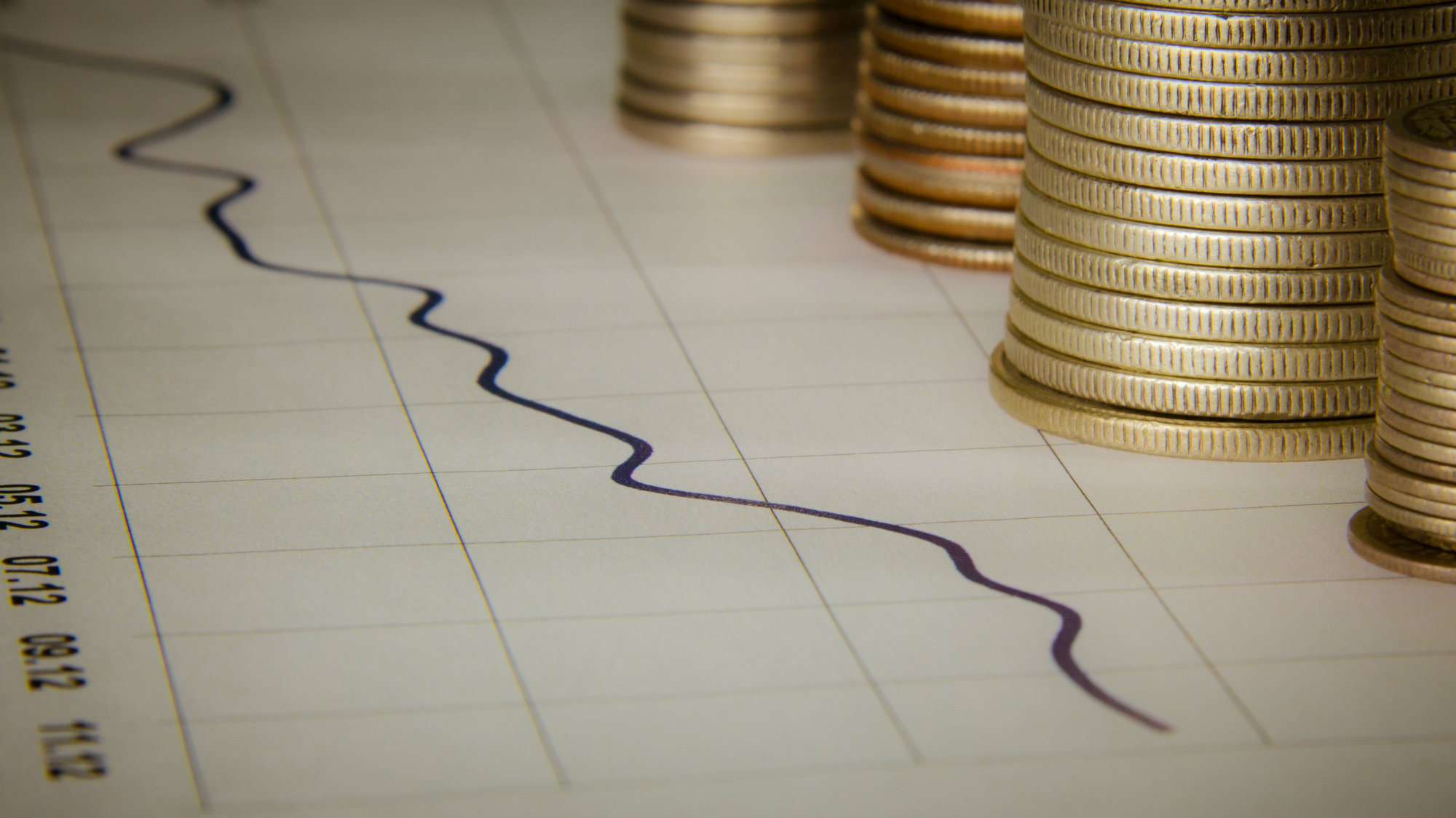
With both the U.S. and Canadian stock markets trading at near all-time highs and fully valued (if not on the expensive side), what should you do as an investor?
I’m not here to tell you what to do, because everyone’s situation is unique. We have different investment horizons, asset allocations, risk tolerance, etc.
However, here are a few things you can choose to do if you think they make a good fit for your strategy.
Buy discounted or reasonably priced stocks
Right now, I see some relatively cheap stocks in the energy space. This is thanks to the WTI oil price, which fell below US$45 per barrel. Some analysts believe the oil price can go down much farther.
So, if you like the space, consider large energy stocks with strong balance sheets to reduce risk. As well, take small bites, so if the oil price drops more, you’ll have more cash to average in.
Canadian Natural Resources Limited (TSX:CNQ)(NYSE:CNQ) has an investment-grade S&P credit rating of BBB+ and a reasonable debt-to-cap ratio of 30%. The stock has experienced a nice pullback of about 17% from the $45 level and yields nearly 3%, which makes for a reasonable entry point. If it falls to the $26-32 in the next year, it’ll be a bargain.

Save more cash
We should only buy stocks that we think are discounted or reasonably priced up to a certain amount because there’s the possibility that we could be wrong about them being good deals.
Some retirees make it a rule that no stock will make up more than 2% of their portfolios or contribute more than 5% of their dividends. This is to prevent permanent damage that could arise from the failure of any holding.
When you don’t find stocks that are attractive enough for you to buy, it’s okay to save a big pile of cash, so you’ll have lots of ammunition to buy when there are more attractive stocks available on the market, probably after the market has had a correction.
Sell fully valued stocks
If a position has grown too big, such that you keep thinking about it, you’ll probably do yourself a favour by selling some of it. You should consider selling some shares if a holding has become fully valued or overvalued, because there’ll be little margin of safety to protect your gains.
Do nothing
Some investors have been waiting for a market crash for some time, and it hasn’t happened yet. The longer it takes for it to happen, the more uncomfortable these investors feel. Sometimes the best thing to do is, well, nothing.
If you have a long investment horizon, you can sit back and let your investments do their thing, no matter if they’re expensive or not. In other words, you can choose not to buy or sell any stocks until the market corrects at least, say, 20%.







